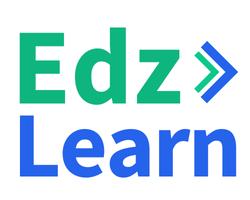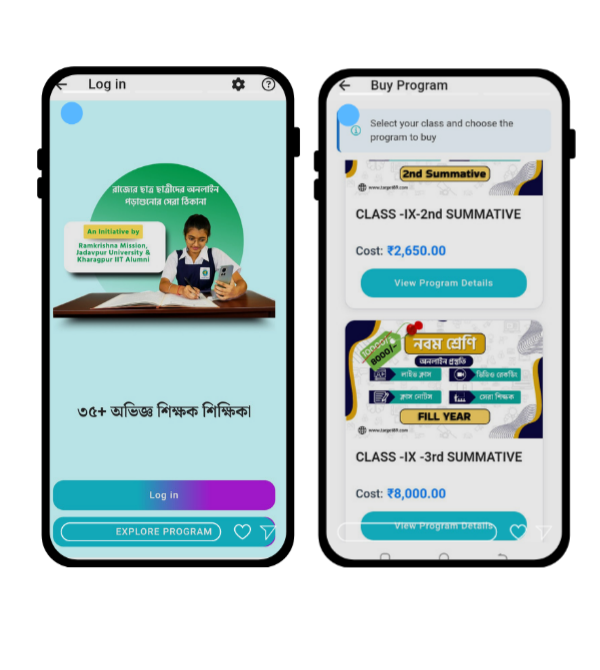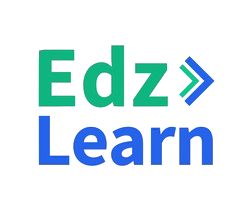Platforms vs LMS
When it comes to online learning, two major tools often come up in discussions: Platforms vs LMS . Both serve as bridges to deliver education digitally, but they’re fundamentally different in purpose, functionality, and use cases. Choosing between a Platforms vs LMS can be tricky if you don’t know what sets them apart. Let’s break it down and compare them to help you decide which is the right fit for your needs.
What Are Platforms?
Platforms are broad online spaces where learners and educators come together to interact, share content, and often participate in informal or less structured learning experiences. Platforms can be specialized for education, like Coursera, or more generic, like YouTube, which serves multiple purposes beyond education. They’re typically centralized hubs designed to connect users around a specific topic or type of content.
Key Features of Platforms
- Content Delivery: Platforms focus on providing access to pre-created content like videos, courses, or resources.
- Wide Accessibility: Users can access platforms from anywhere with a device and internet connection.
- Community Focus: Platforms often encourage user interaction, like commenting on videos or joining discussion forums.
- Pre-packaged Courses: Many platforms have ready-to-use courses created by subject-matter experts.
Advantages of Platforms
- Ease of Access: Anyone can log in and start learning without requiring specific tools or systems.
- Diverse Content: Platforms host a variety of subjects, so learners can explore multiple topics in one space.
- Expert-Led Learning: Many platforms feature courses from renowned universities or industry leaders.
- Flexible Learning: Platforms allow learners to proceed at their own pace, which is perfect for casual or supplemental learning.
- Cost-Effective: Some platforms offer free courses or pay-per-course options, making them more affordable.
Disadvantages of Platforms
- Limited Customization: You can’t tailor the learning experience to fit specific organizational or educational needs.
- Lack of Detailed Tracking: Platforms usually don’t offer robust tools to track a learner’s progress or generate reports.
- Generic Learning Paths: They cater to the masses, so customization for individual learners is minimal.
What Are Learning Management Systems (LMS)?
An LMS is a software application specifically designed to administer, track, and deliver learning content. It’s like having your own digital classroom, equipped with features to control every aspect of the learning journey. Popular LMSs include Moodle, EdzLMS, and Blackboard.
Key Features of LMS
- Custom Course Creation: Educators or organizations can create their own courses tailored to specific needs.
- Learner Tracking: Track learner progress, completion rates, and performance through detailed analytics.
- Assessments: Conduct quizzes, assignments, and evaluations within the system.
- Structured Learning: Create a step-by-step learning path with deadlines, modules, and scheduled content.
- Integration with Other Tools: Many LMS platforms integrate with tools like video conferencing (Zoom) or content creation tools (H5P).
Advantages of LMS
- Customization: An LMS is tailored to meet the needs of businesses, schools, or universities.
- Data Insights: Track learner progress, identify areas of improvement, and generate performance reports.
- Gamification: Many LMS platforms offer features like badges, leaderboards, and certificates to boost engagement.
- Secure Content Delivery: Restrict access to learning material and protect intellectual property.
- Scalable: Ideal for organizations of any size, from small teams to global enterprises.
Disadvantages of LMS
- Steeper Learning Curve: Users, especially administrators, may need some training to navigate and manage an LMS effectively.
- Higher Costs: Implementing and maintaining an LMS can be more expensive than using a platform.
- Initial Setup Time: Customizing and organizing an LMS requires more upfront time and effort.
Key Differences Between Platforms vs LMS
| Feature | Platforms | LMS |
| Purpose | Broad access to pre-existing content. | Tailored content delivery and management. |
| Target Audience | General public. | Specific groups (students/employees). |
| Customization | Minimal customization options. | Highly customizable. |
| Tracking & Reporting | Limited tracking tools. | Robust tracking and analytics. |
| Cost | Often free or subscription-based. | Higher upfront and ongoing costs. |
| User Roles | Usually learner-focused. | Supports multiple roles (admins, learners, instructors). |
Who Should Use Platforms?
- Casual Learners: If you’re looking to explore hobbies or gain basic knowledge, platforms like YouTube, Coursera, or Udemy are ideal.
- Freelancers and Entrepreneurs: If you want to upskill yourself without committing to a structured program.
- Supplemental Education: Platforms are great for students seeking extra resources outside traditional classrooms.
Who Should Use LMS?
- Educational Institutions: Schools, colleges, and universities can use LMSs to organize curriculum, track student progress, and manage assessments.
- Corporate Training: Businesses can use LMSs to train employees, onboard new hires, and upskill teams with tailored content.
- Professional Trainers: If you run your own workshops or courses, an LMS lets you build branded content and monitor learner performance.
Why Not Both Platforms vs LMS ?
Platforms vs LMS : For some use cases, Platforms vs LMSs aren’t an either-or decision—you can use both. For example:
- A university could use platforms like YouTube for public lectures while managing detailed course materials and assessments on an LMS.
- A business could offer general skill-building courses on a platform like Coursera while using an LMS for internal compliance training.
Conclusion
Platforms vs LMS
Both Platforms vs LMSs have their strengths and serve different purposes in the e-learning ecosystem. Platforms are perfect for casual learning, broad accessibility, and exploring new topics. On the other hand, LMSs are designed for structured, personalized, and trackable learning experiences—ideal for institutions and organizations that need control and insights.
Platforms vs LMS : Choosing the right tool depends on your goals, audience, and level of customization required. Whether you’re a learner exploring new horizons or an educator building a custom learning journey, understanding the differences helps you make the right choice.
This Blog is Written By Ritika Saxena,
Content Writer and Social Media Manager At
Edzlearn Services PVT LTD.
For More Information Connect With Her on Linkedin : https://www.linkedin.com/in/ritika-saxena0355/
Read our Recent Blogs: https://edzlms.com/blogs/
Download our Recent Case Study: https://edzlms.com/case-study/
For anything related to LMS, feel free to reach out or book an appointment at : https://calendly.com/edzlms/30min.
Contact – Mihir Jana
Phone no.- +919916650872















